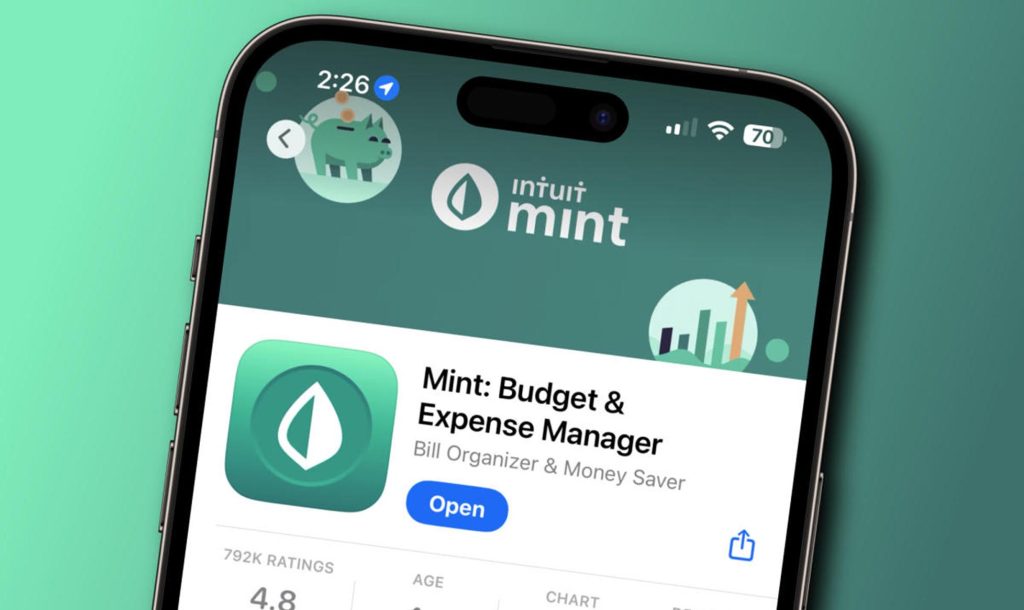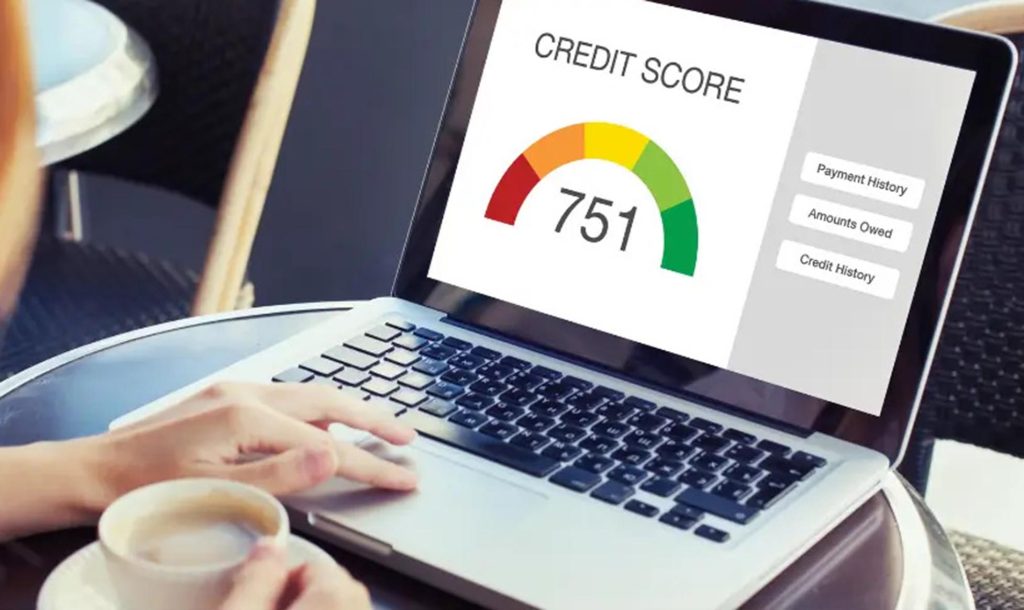A Comprehensive Guide to Basic Financial Knowledge: Budgeting, Credit Cards, and Debt Management
In daily life, financial management is not just an abstract concept; it is closely related to everyone’s personal life. From distributing monthly income to making smart consumption decisions and planning for future wealth growth, financial management has a direct impact on our quality of life. Many people find themselves trapped in unnecessary debt or fail to effectively use their funds to improve their quality of life simply because they lack sufficient financial knowledge. This article will provide a detailed analysis of basic financial concepts such as budgeting, credit card usage, and debt management, aiming to help readers master practical financial strategies and achieve economic independence and freedom.
1. Budgeting: The First Step in Financial Management
Budgeting is the starting point for managing your finances. Whether you earn a few thousand dollars or tens of thousands of dollars per month, a well-planned budget will help you understand your monthly income and expenses, giving you better control over your financial situation, and avoiding wasteful spending and unnecessary debt.
1.1 What is a Budget?
A budget is the process of planning and managing your income and expenses. It’s not just a numbers game, but rather a fundamental tool for understanding your financial situation. Through budgeting, you can see exactly where your money goes each month, which expenses are necessary, and which ones could be reduced or avoided.
1.2 How to Create a Budget?
Creating a budget is not as complicated as it might seem. The key is to dedicate time to understanding your financial situation. Here are several steps for creating an effective budget:
- Understand Your Income: First, you need to know your net income each month. Net income refers to the amount you earn after taxes, insurance, and other deductions. For example, if your post-tax monthly income is $3000, then you will use this figure as the basis for your budget.
- List All Your Expenses: Write down all of your fixed expenses, such as rent/mortgage, car payments, insurance, groceries, and transportation. These are expenses you have to pay. Then, list all your variable expenses, such as entertainment, shopping, and dining out. Many people often overlook these variable expenses, leading to financial imbalance.
- Categorize Expenses: Split your expenses into “essential expenses” and “non-essential expenses.” Essential expenses are unavoidable costs like rent or transportation, while non-essential expenses can include things like entertainment and dining out, which can often be adjusted.
- Set Financial Goals: For example, you might aim to save a certain percentage of your income each month, or reduce spending on a non-essential category. Ensure these goals are realistic and achievable, and that they align with your long-term financial aspirations.
- Track Your Progress: Once the budget is set, it is important to track your actual spending each month. Keep a record of your expenses and compare them with your budget to see if you are sticking to your plan or overspending in certain areas.
1.3 Tools and Methods
If manually tracking income and expenses seems too cumbersome, there are several tools and apps that can help you manage your budget. For example, apps like Mint, YNAB (You Need a Budget), and others automatically import your bank statements and help you better understand your spending habits. By using these tools, you can manage your budget more easily and make adjustments to your financial behavior in real time.

2. Credit Cards: How to Use Them Correctly
Credit cards are a convenient and fast payment method in today’s society, but if not used properly, they can become a significant financial burden. A credit card itself is not a bad thing, but how you use it determines its impact on your finances.
2.1 Pros and Cons of Credit Cards
The biggest advantage of credit cards is that they allow you to make purchases without immediate funds, giving you the flexibility of “buy now, pay later.” Additionally, many credit cards offer rewards such as points or cash-back, which can benefit your daily expenses.
However, the main problem with credit cards is their interest rates. Many credit cards have high interest rates, and if you don’t pay off your balance on time, you’ll end up accumulating a significant amount of interest. If your debt is left unpaid for a long period, interest can snowball, leading to financial difficulties.
2.2 How to Avoid Falling Into Debt with Credit Cards
- Pay in Full and On Time: The most important principle when using credit cards is to pay your balance in full each month. Avoid paying just the minimum payment, as this will result in interest charges, and you’ll end up in a debt cycle. Paying on time and in full not only prevents interest accumulation but also helps you build a good credit history.
- Control the Number of Credit Cards: Many people have multiple credit cards, but owning several cards does not necessarily mean better financial management. Having too many cards can lead to overspending. It’s a good idea to keep the number of credit cards to a minimum and only use those that offer the best rewards and benefits.
- Set Spending Limits: Just because your credit card has a high limit doesn’t mean you should spend freely. You can set a personal spending cap for each month to ensure that you don’t overspend due to impulse purchases.
- Take Advantage of Credit Card Rewards and Offers: Many credit cards offer rewards, points, or cashback on purchases. Properly using these rewards can provide you with extra benefits for your daily spending. However, this doesn’t mean you should overspend—always ensure that all spending stays within your budget.
2.3 How to Check and Improve Your Credit Score
In the United States, credit scores are a crucial financial indicator that will directly affect your ability to apply for loans, credit cards, and other financial products. Maintaining a good credit record is therefore important.
- Regularly Check Your Credit Report: You can get a free annual credit report from all three major credit bureaus (Experian, Equifax, and TransUnion) via AnnualCreditReport.com. Ensure the information is accurate and correct any errors as soon as possible.
- Avoid Late Payments: A significant factor in your credit score is your payment history. Late payments can significantly lower your credit score, affecting your ability to get loans or secure favorable loan terms in the future.
- Use Credit Cards Responsibly: As mentioned earlier, using credit cards responsibly, maintaining low balances, and avoiding excessive borrowing are key factors in improving your credit score.
3. Debt Management: How to Get Out of Debt

Many people are overwhelmed by debt, especially from credit card balances or loan obligations. Managing and eliminating debt is a challenge faced by many, but it’s not impossible.
3.1 Understand Your Debt
First, you need to fully understand your debt situation. List all of your debts, including credit card balances, student loans, mortgages, car loans, etc., and record the amount owed, the interest rates, and the repayment terms for each.
3.2 Create a Repayment Plan
Once you have a clear understanding of your debts, the next step is to create a repayment plan. Generally, you should prioritize paying off high-interest debt first. For example, if you have several credit cards with different interest rates, focus on paying off the one with the highest rate first, as this will reduce the total interest paid.
Additionally, you can consider the “debt snowball” or “debt avalanche” methods. The debt snowball method suggests paying off the smallest debts first, while the debt avalanche method focuses on paying off the debts with the highest interest rates first. Both methods have their advantages, and you can choose the one that best suits your financial situation.
3.3 Seek Professional Help
If you find yourself unable to manage debt on your own or if the debt situation is getting worse, you may consider seeking professional debt management services. Many nonprofit organizations provide free debt counseling services, helping you create a repayment plan and even negotiate with creditors for reduced interest rates or debt forgiveness.
By following these steps to systematically eliminate debt, you not only ease financial pressure but also improve your credit score and achieve greater financial independence.
4. Financial Mindset: Learn to Stay Calm
Financial management is not just about crunching numbers; it’s also about maintaining the right mindset. Many people feel anxious or stressed about their finances, and in response, they often make irrational financial decisions under pressure. True financial management is about more than just learning how to spend money—it’s about learning to stay calm and make deliberate, conscious decisions about spending and investing.
The first step to building a solid financial mindset is to learn to control your desires. Many people spend money not to fulfill a genuine need but because of external influences like advertisements or peer pressure. By recognizing these influences and adjusting your spending habits accordingly, you can better control your financial situation.
Financial management is not an overnight process—it requires constant learning, adjusting, and adapting. By mastering basic financial knowledge and applying it in your life, you can achieve true financial freedom.
